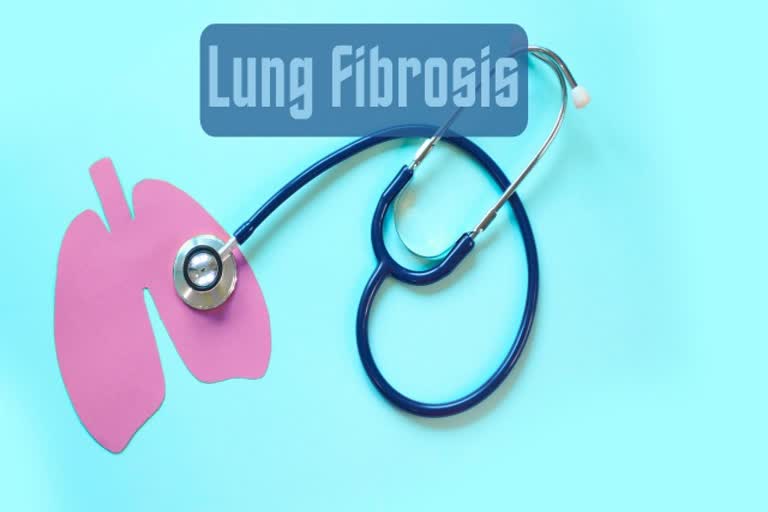Researchers Develop New Treatment For Lung Fibrosis
Lung fibrosis is a condition causing lungs related complications for which a new treatment option has been developed for its treatment. People with Idiopathic Pulmonary Fibrosis (IPF), have a life expectancy fewer than five years.

Lung fibrosis -- a condition in which the lungs become scarred over time -- has been a concern for COVID-19 patients, say, researchers, adding that they have now developed a new treatment option for lung fibrosis.
Lung fibrosis' symptoms include shortness of breath, dry cough, feeling tired, weight loss and nail clubbing. Complications may include pulmonary hypertension, respiratory failure, pneumothorax and lung cancer.
People with Idiopathic Pulmonary Fibrosis (IPF), also called lung fibrosis, have a life expectancy fewer than five years. Fibrotic diseases cause organ failure leading to nearly 45 per cent of all deaths in the U.S. Existing therapies to do little to slow the progression.
Now the research team from Purdue University, US, have developed two targeted therapies for people with IPF. The two different therapeutic approaches are published in the journals -- Science Translational Medicine and EMBO Molecular Medicine.
"This is a horrible disease that claimed the lives of my neighbour next-door and a good friend's wife," said a study author Philip S. Low of Purdue University. "We developed two targeted therapies that allow us to use powerful drugs with high toxicities because we specifically deliver them to diseased cells without harming healthy ones," Low added.
The first of the Purdue team's novel targeted molecules are designed to slow fibrosis and extends life. The second IPF therapy suppresses fibrosis-inducing cytokine production. The two therapies will be moving into human clinical trials within the next several months.
The developments come as a number of people with COVID-19 or who have recovered from COVID-19 experienced lung fibrosis or other related conditions.